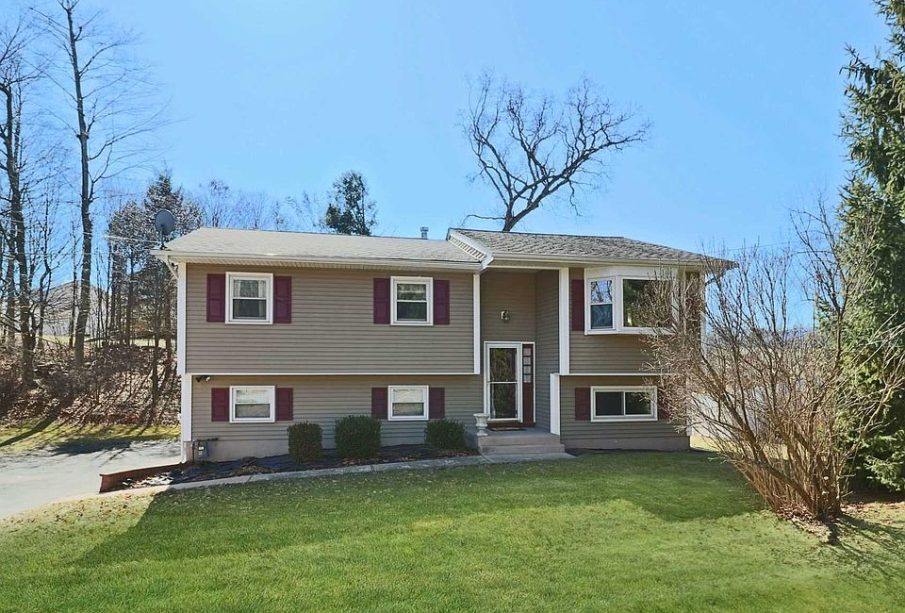Exploring Sutton Park: Birmingham’s Natural Gem

Introduction
Sutton Park, located in Birmingham, England, is one of the largest urban parks in Europe, covering over 2,400 acres. Recognised as a National Nature Reserve, Sutton Park is a vital green space that provides both residents and visitors with recreational opportunities and a sanctuary for wildlife. Its importance lies not only in its size but also in its role in enhancing urban biodiversity and providing a much-needed escape from urban life.
A Rich History
Sutton Park has a rich history dating back to the 12th century, originally serving as a hunting ground for the royal family. In the 19th century, it was designed as a public park and has since evolved into a popular destination for a wide range of outdoor activities. The park features several man-made and natural lakes, extensive walking and cycling pathways, and various picnic areas, making it a hub for community events and family outings.
Recreational Opportunities
The park offers a plethora of recreational activities, from walking and jogging to cycling and birdwatching. The combination of heathland, wetlands, and woodlands provides diverse habitats for wildlife enthusiasts to explore. For families, there are playgrounds and sports fields catering to a variety of interests, including football and rugby. Sutton Park also hosts annual events such as fun runs, outdoor theatre productions, and music festivals, drawing large crowds and fostering community spirit.
Environmental Significance
The ecological importance of Sutton Park cannot be overstated. The park is home to a wide array of flora and fauna, including several rare species that thrive without the pressures of urban development. The park’s wetlands serve as crucial habitats for amphibians and birds, making it a key area for environmental conservation efforts. The park’s management team works diligently to maintain its natural landscape and ensure that it continues to provide ecological benefits for future generations.
Conclusion
Sutton Park stands as a testament to the need for urban green spaces in today’s rapidly developing world. As cities grow, parks like Sutton Park become essential not only for recreational activities but also for preserving biodiversity and improving air quality. For residents of Birmingham and beyond, Sutton Park offers a peaceful retreat and a reminder of the beauty of nature amidst the hustle and bustle of urban life. As future developments in the area unfold, the significance of Sutton Park will only continue to grow, highlighting the need for ongoing investment in urban green spaces for improved quality of life.








